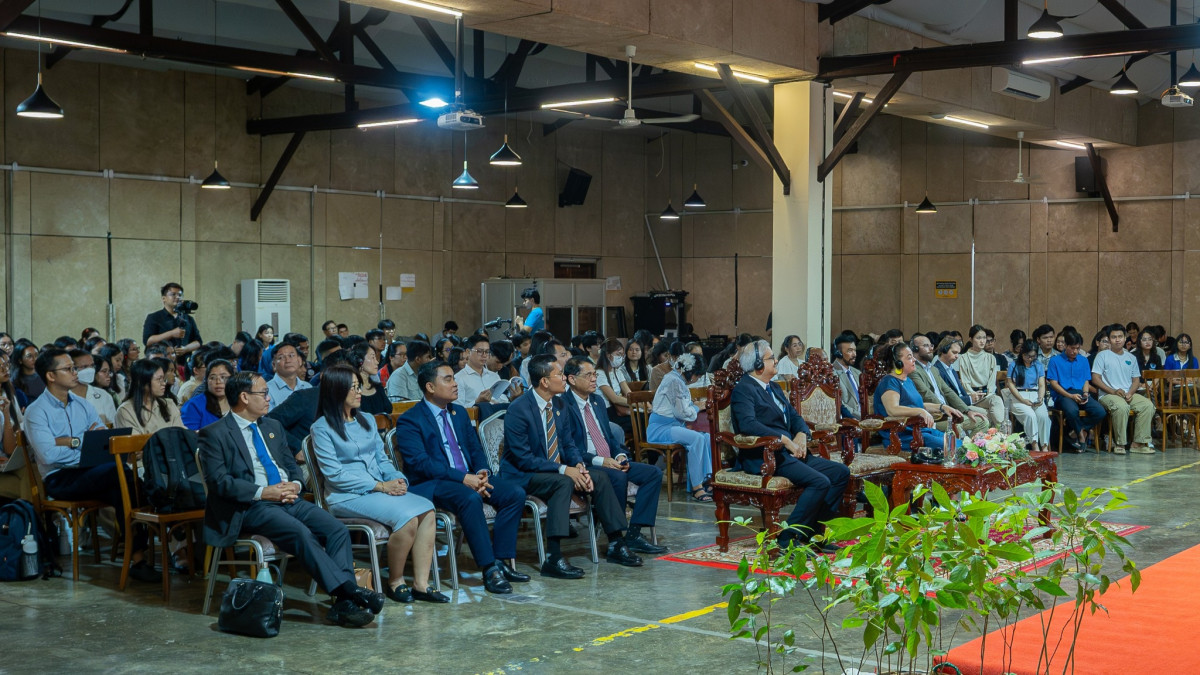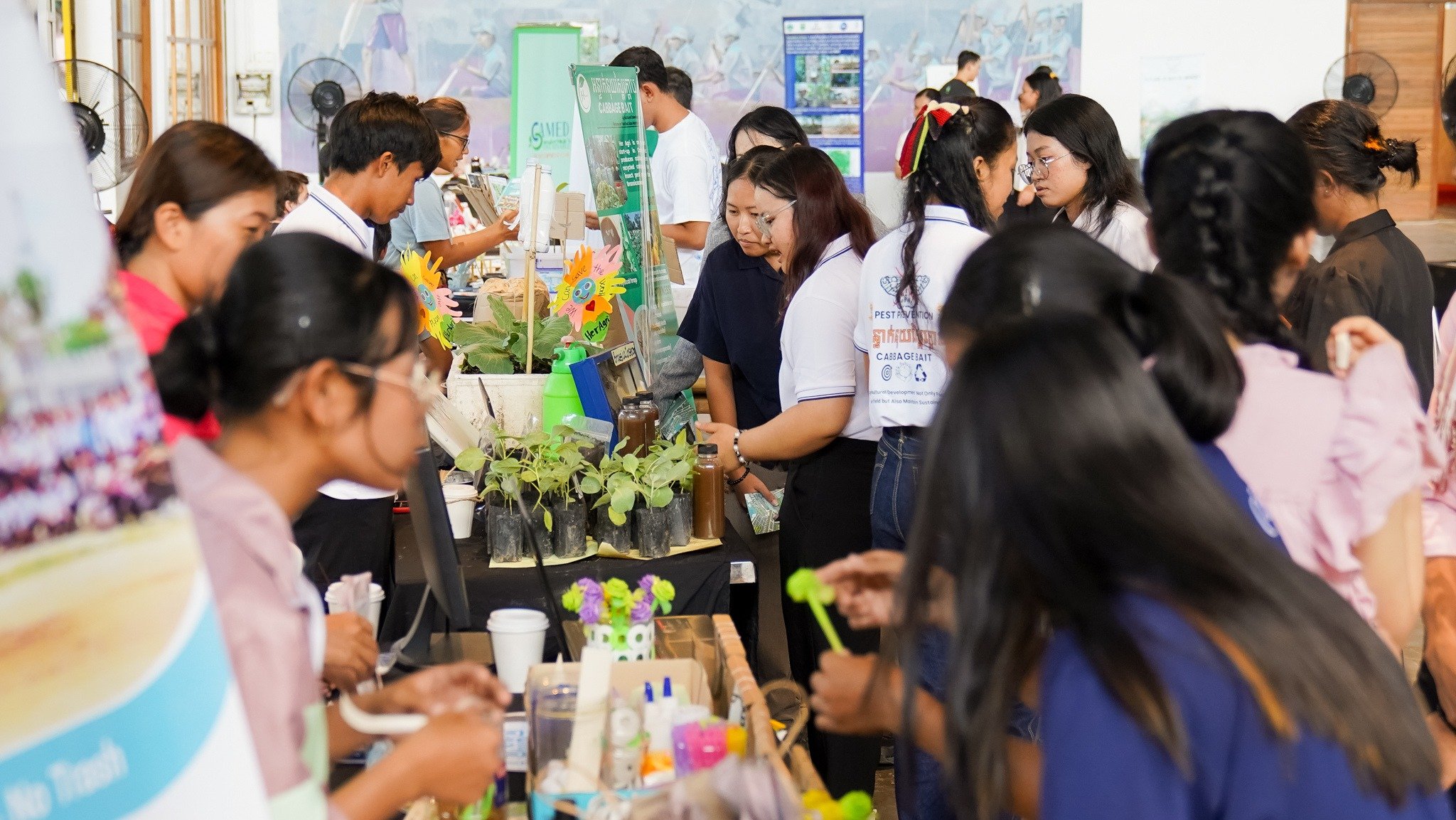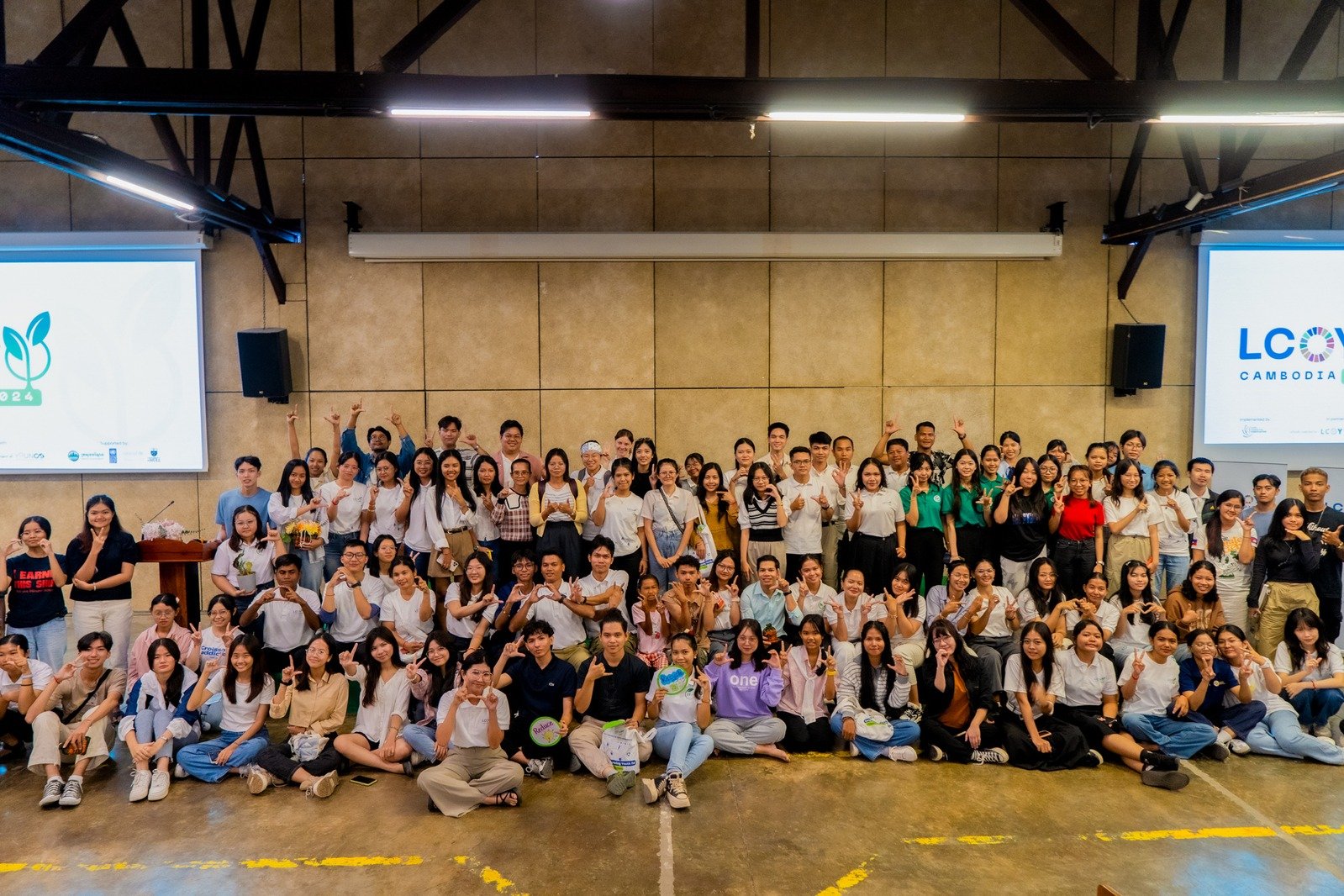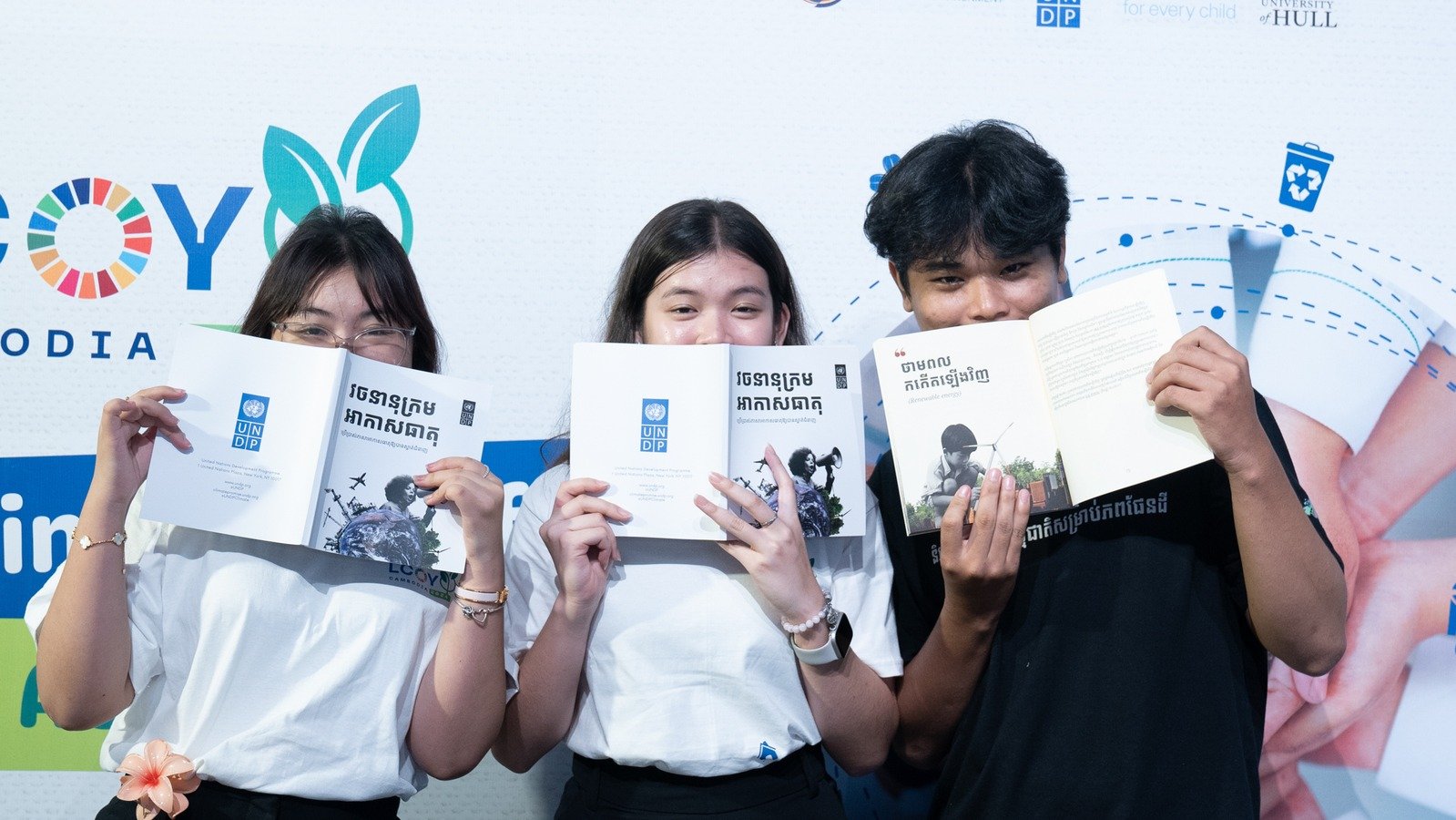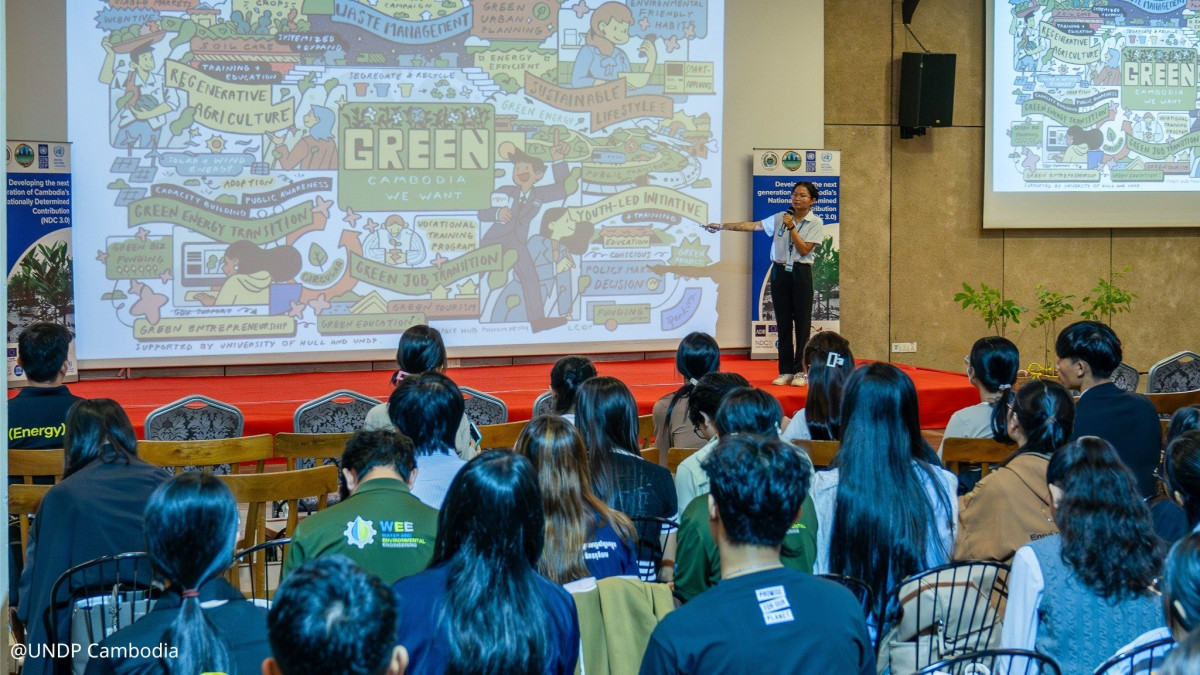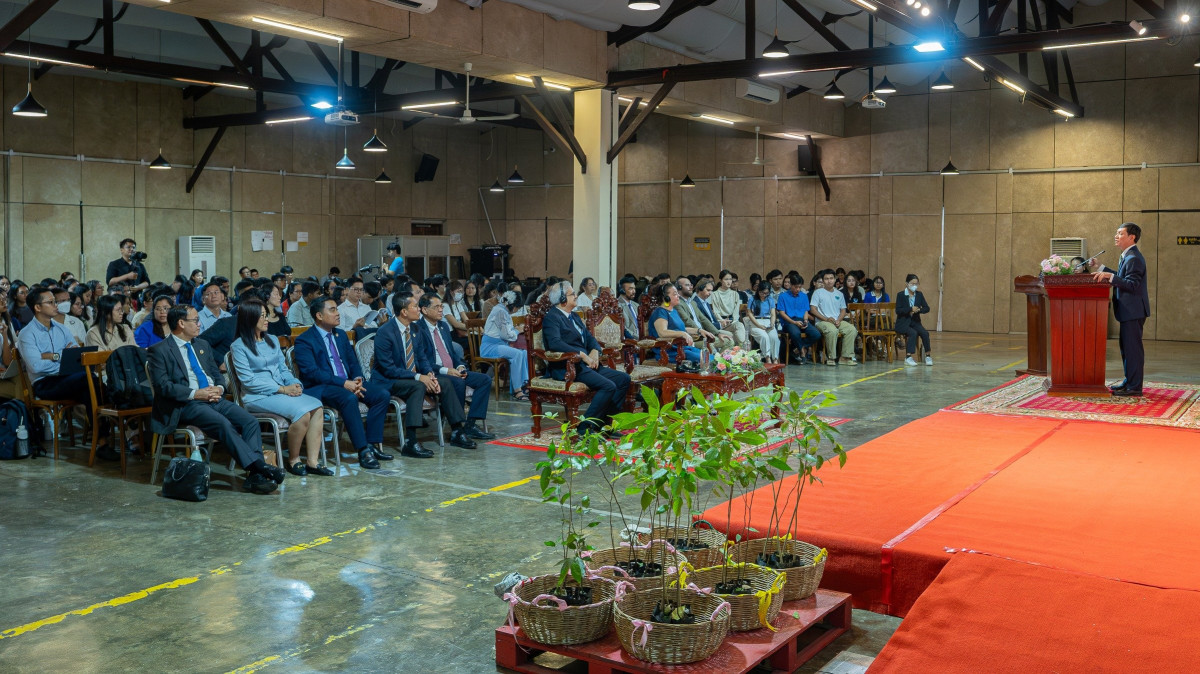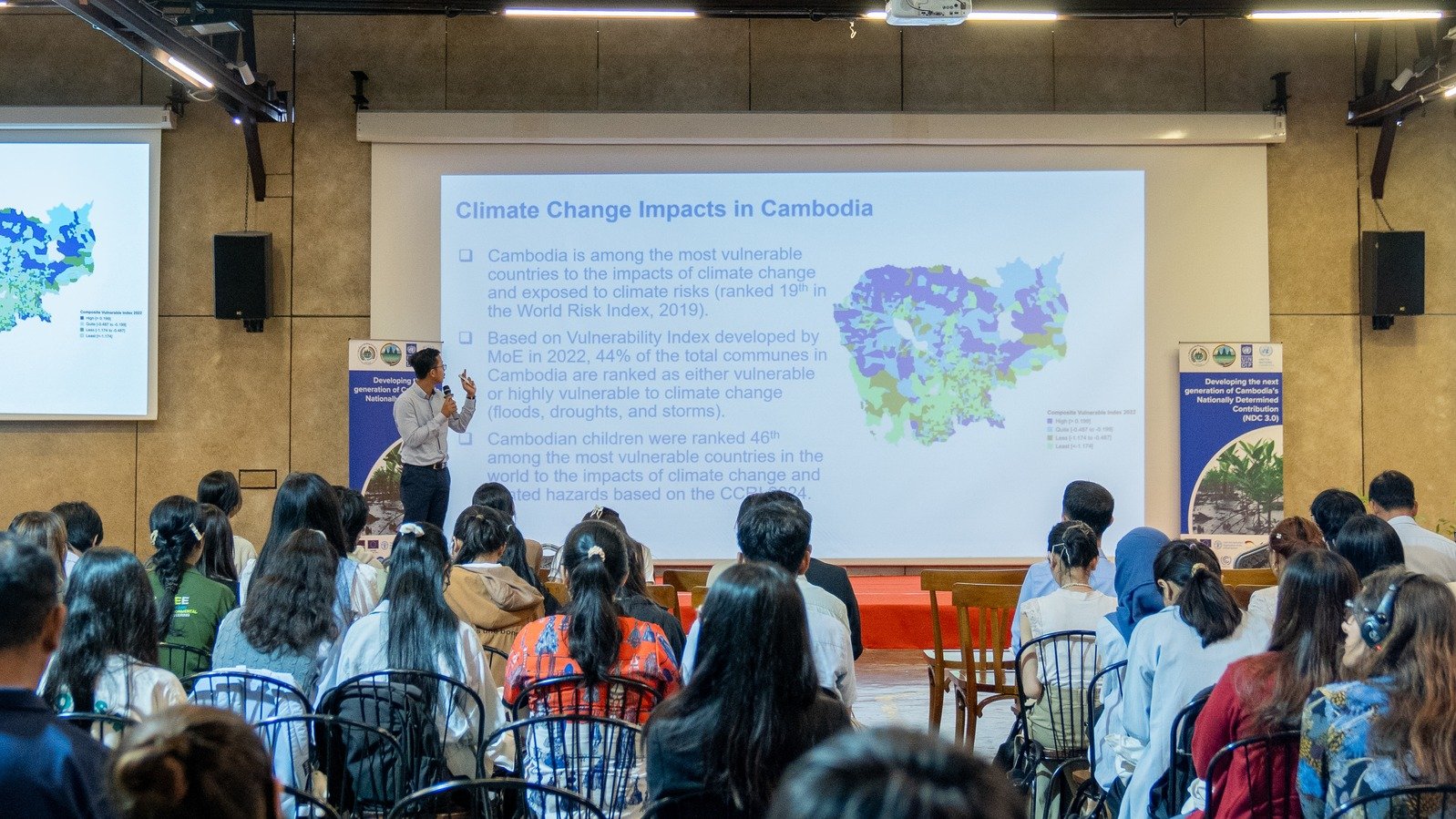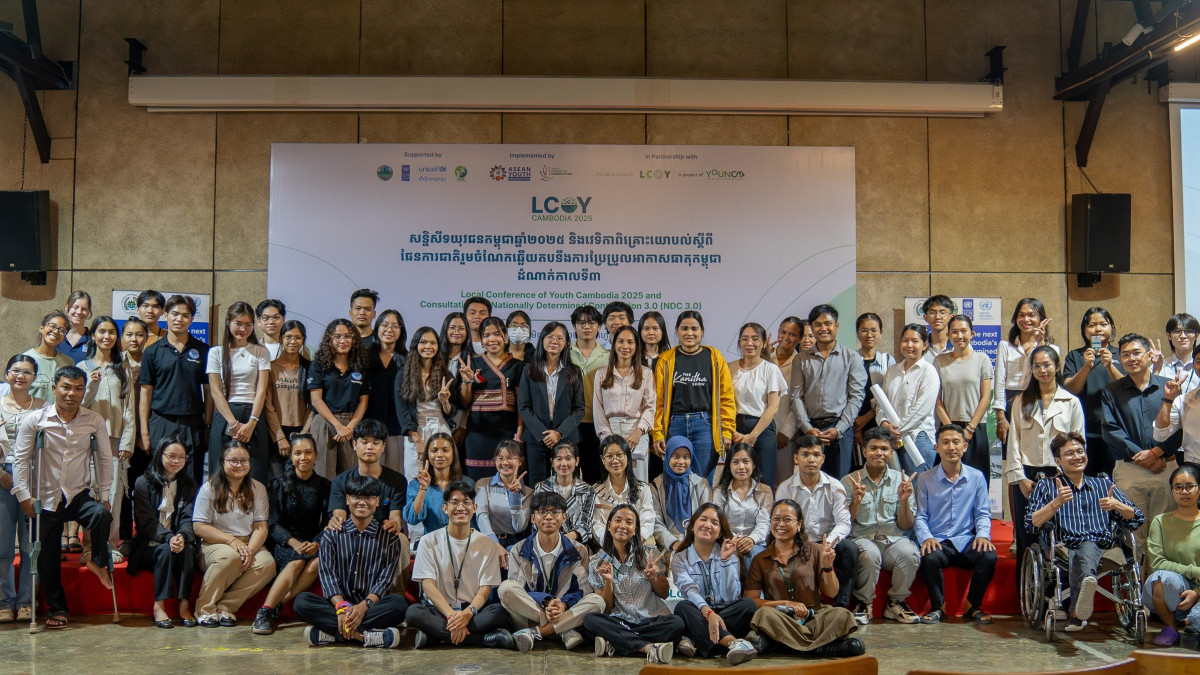hnom Penh, Cambodia – June 3, 2025: More than a hundred passionate Cambodian youth gathered in Phnom Penh for the Local Conference of Youth (LCOY) and National Consultation on Cambodia’s Third Nationally Determined Contribution (NDC 3.0). Held in parallel with World Environment Day, this pivotal gathering provided a platform for young people to raise their voices on pressing environmental and social issues and propose concrete recommendations to shape Cambodia’s climate policy and action.
At the heart of the gathering was a strong call for climate justice, intergenerational equity, and inclusive solutions that reflect the lived realities of children and youth—especially those from marginalized backgrounds affected by gender inequality, disability, and ethnic discrimination.
The youth reaffirmed Cambodia’s commitments under several global and national frameworks, including:
The Sustainable Development Goals (SDGs) of the 2030 Agenda,
Cambodia’s Long-Term Strategy for Carbon Neutrality (LTS4CN),
The Circular Strategy on Environment 2023–2028,
And the country's obligations under the Paris Agreement and multilateral environmental treaties.
While recognizing the Royal Government of Cambodia’s efforts, the youth voiced deep concern over the slow pace of implementation, especially given the escalating impacts of climate change on Cambodian communities—most notably rural peasants, women, and youth.
In a joint statement issued by the youth participants, the conference emphasized the disproportionate impact of climate change on children and youth. As key stakeholders and future leaders, they declared:
“Our generation demands immediate, ambitious, and inclusive solutions that ensure climate justice for all. The current pace of climate action does not align with science nor the urgent needs of young people.”
The statement also recalled Cambodia’s ratification of the Convention on the Rights of the Child (CRC), particularly Article 12, which guarantees children the right to be heard in decisions that affect them. Yet, too often, youth remain excluded from policymaking spaces and decisions that directly impact their futures.
The youth presented seven key priority areas with concrete recommendations, reflecting both lived experience and alignment with national and global climate goals:
Advancing Cambodia’s Energy Transition
Transition rapidly to renewable energy to achieve net-zero emissions, ensuring affordability and energy access for all, particularly rural communities.
Strengthening Climate Adaptation and Disaster Resilience
Scale up community-based adaptation efforts and early warning systems, with youth engagement in climate risk reduction and preparedness.
Promoting Climate-Smart Agriculture and Food Security
Support agroecology and climate-resilient farming practices, while securing land rights and local markets for smallholder and peasant farmers.
Ensuring Access to WASH and Climate-Responsive Health Systems
Invest in water security, sanitation, and healthcare infrastructure that can withstand climate impacts, especially in vulnerable regions.
Enhancing Environmental Education and Awareness
Integrate climate and environmental education into formal and informal education systems, led by youth and for youth.
Empowering Marginalized Youth
Implement policies that ensure the inclusion of girls, youth with disabilities, ethnic minorities, and LGBTQ+ youth in climate action and governance.
Youth Participation in Decision-Making and Governance
Institutionalize youth representation in national climate councils, NDC implementation, and climate finance monitoring bodies.
As Cambodia finalizes its NDC 3.0, the youth of LCOY Cambodia 2025 send a clear message to national authorities, development partners, and international institutions:
“We are not just victims of climate change—we are problem solvers, leaders, and innovators. Include us, support us, and partner with us.”
With this declaration, Cambodian youth reaffirm their commitment to advancing a safe, clean, healthy, and sustainable environment for current and future generations. They urge all stakeholders to work collaboratively and act decisively—before it’s too late.

